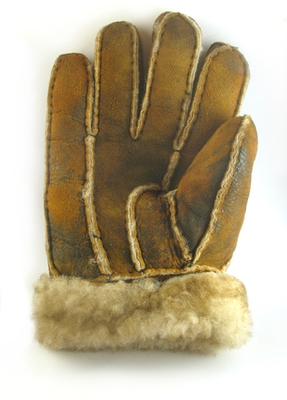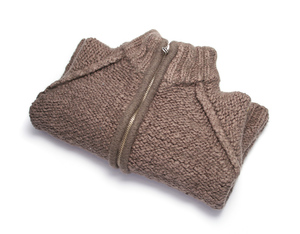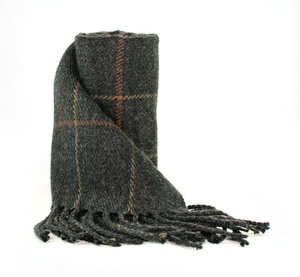French Vocabulary to Use While Traveling
Learn useful French vocabulary to implement during your next vacation with French Vocabulary to Use While Traveling - by JP Linguistics
French Vocabulary to Use While Traveling
It is no secret that we are huge fans of traveling! We love to explore and have fun learning about new cultures. We also know the importance of preparing to travel by learning foreign languages beforehand to help smooth the experience. With that, we hope you enjoy these useful terms which you can practice at home before your next big trip. You can utilize the three verbs below to build sentences along with the other mixed vocabulary. To test your knowledge, there is a simple quiz at the end. Bonne Voyager!
Preparing For The Trip
Yes, traveling is inspiring. You might imagine sipping a warm coffee amidst the cobblestone streets of Paris and just the mere thought brings a smile to our faces. But, in order to make this journey a pleasant reality, the key is in the preparation. This means packing and planning accordingly, thinking ahead and strategizing. So, we shall focus on the verb Préparer or To Prepare. To keep things simple, I have included the conjugations for this verb in the present tense only. Take a look at the chart below and try saying the words aloud.
To make sure you are pronouncing the words correctly, I have included an audio guide below. This recording is from Jean-Philippe, one of our native French instructors at JP Linguistics. Take a listen and try to saying the conjugations aloud with Jean-Philippe.
Now that we are familiar with the conjugations of Préparer, let's try building a sentence. In order to do this, we need some more vocabulary which I have included in the images below. Take a peek at some of the terms such as Le Passport, Des Gants, and Un Pull and try saying the words aloud.
Now that we are familiar with the conjugations of Préparer, let's try building a sentence. In order to do this, we need some more vocabulary which I have included in the images below. Take a peek at some of the terms such as Le Passport, Des Gants, and Un Pull and try saying the words aloud.
SUBJECT + VERB + (PREPOSITION) + NOUN
Here are a few sample sentences. Try reading these and saying them aloud. Below is an audio guide to help. It repeats each sentence twice.
1. Je prépare le sac (I prepare the bag)
2. Je prépare mon passport (I prepare my passport)
3. Je prépare mon appareil photo (I prepare my camera)
4. Je prépare mon portable pour le voyage (I prepare my cell phone for the trip)
5. Je prépare des lunettes pour mon voyage (I prepare glasses for my trip)
Your turn! Try making a few sentences using the new vocabulary above.
It's Time to Go
Now that you have packed your bags and are ready for your trip, it's time to go. Thus, we shall focus on the verb Aller or To Go. This is a very common and useful verb to know in French. However, it is an irregular verb, so the conjugations might look strange compared to other French verbs. Take a look at the conjugations and try saying them aloud. Then try memorizing them. To help you, I have included an audio guide just below the verb chart.
The next step is for us to look at a few nouns we can imagine ourselves going to. This will help us to build a few sentences to practice. Take a look below and see if you recognize these places. Then, try saying their names aloud.
Now it's time for us to build some sentences to practice. Again, we will use the Je or 'I' form only in the present tense, using the sentence structure below. To help guide you, listen the audio recording below which includes each sentence repeated twice:
SUBJECT + VERB + (PREPOSITION) + NOUN
1. Je vais à la gare (I go to the train station)
2. Je vais aux toilettes (I go to the toilet)
3. Je vais à la sécurité de l'aéroport (I go to the airport security check)
4. Je vais au kiosque (I go to the newspaper stand)
*notice the à la /au/aux in each sentence. It's important to always include the articles before the noun.
Now it's your turn! Try making a few sentences using the vocabulary above.
You Made It
Now that the you have come to your destination, you can sit back and relax. This is the time when you can enjoy arriving to the location you have dreamed of for so long. So, we shall focus on the verb Arriver or To Arrive. Take a look at the conjugation chart below and trying saying it aloud using the audio recording just beneath it as a guide.
Now we can use a few more vocabulary nouns to help us build some practice sentences. Take a look at the images below and try saying their names aloud.
Wonderful! Now, let's build a few sentences in the Je form, present tense. We can use the following sentence structure as a guide along with the audio recording for pronunciation recognition:
SUBJECT + VERB + (PREPOSITION) + NOUN
1. J' arrive à mon hotel (I arrive at my hotel)
2. J' arrive à la boulangerie (I arrive at the bakery)
3. J' arrive au café (I arrive at the cafe)
4. J' arrive chez* mes parents (I arrive at my parent's house)
* Notice the preposition chez to indicate people's house.
Now it's your turn! Try forming a few new sentences by using the vocabulary above.
I hope you enjoyed reading The Best French Vocabulary To Use While Traveling. More importantly, I hope you can use some of these new vocabulary tips on your next trip to France! Please feel free to share this with your friends and family and include some of your favorite French travel phrases in the comments below. If you are looking for Private French Lessons or French Group Classes taught by native instructors, please visit JP Linguistics for more information!
Now, let's test the knowledge you have just learned with a little quiz. How many of these sentences can you translate correctly? Try your best not to scroll up. Once you click the 'Traduire' button below, the correct answers will be revealed. Ready, set, go!
The French Travel Quiz
Saying 'Cheers' in French
Ever wondered the secrets to giving a proper toast in French? Check out our guide to experiencing an authentic 'santé!'
Saying 'Cheers' in French
The etiquette of eating a French meal can be a meticulous process. From the way you place your hands on the dinner table, to the order in which you food is eaten, the entire experience has a very specific process. French people will be certain to take note of any mishaps during a meal, so we made a simple guide to saying 'cheers' during the aperitif (the drink before a meal) to help you to blend like a native. To your good health, we wish you santé!
What to Say
Instead of saying 'cheers' while toasting, the French wish each other good health or 'santé.' You will typically hear this word along with a clink of the drink glasses, thus instead of saying santé, you might hear 'chin chin' (which is the sound the glasses make when they touch each other). Besides these two common sayings, you might also hear 'A ta santé' ('To your health' - informal), 'A votre santé' ('To your health' - formal), or 'A la tienne' ('To yours' (to your health)). Of course, silence always does the trick if you are stuck at a dinner table and do not remember what to say. Even while silent, it is polite to always address a person with your eyes while toasting a drink. Make sure to follow the rules below on what to do while experiencing a French toast.
WHAT TO DO
Again, the very first important step is to always look in the eyes of the person you are toasting. There is a hidden belief that any person who does not exchange this glance during a toast will suffer from seven years of bad sex or seven years of bad luck, whichever you prefer. It is also very important to never cross your glass with anyone else's. This means, never try to toast someone across the dinner table by putting your glass above or below their's to reach someone else. After you have toasted everyone around the table (it is important that everyone is included), do NOT place your glass on the table. It is impolite to do this. Simple hold your glass in hand, then take the first sip. After this, you are welcome to place your glass on the table and continue the conversation and eating.
WHY DO THE FRENCH DO THIS?
These rules might sound silly, but they do have some history. Back in medieval times, people would often put poison in each other's drinks. So, to make sure a drink didn't have poison in it, people would clink each other's glasses and a portion of the liquid would transfer to the other cup. This way, if someone was being sneaky, poison would be amongst all of the cups. While clinking glasses, people would look intensely at each other's eyes to detect any weird behavior or stress in their demeanor. Things are very different now, but at least some of the traditions of how to toast in French have some background.
I hope you enjoyed The Best French Guide for Saying 'Cheers' in France! If you are looking to learn more French language and cultural skills, don't forget to check out our Private French Lessons and French Group Classes at JP Linguistics. Bonne Journée!
French Vocabulary for Ringing in the New Year
Celebrating New Year's Eve in France? Check out this guide to the traditions in France.
French Vocabulary for Ringing in the New Year
Much like the USA, France rings in each new year with a bang. However, there are a few uniquenesses that French people maintain as customary. Did you know that New Year's Eve is also called 'La fête de la Saint Sylvestre' in honor of Pope Saint Sylvester I? Or that one common tradition includes kissing under the mistletoe? Take a look at some fun French facts below including important vocab to know for the celebration. Bonne Année!
The New Year's Tradition
Each year a big festival is organized across France called 'le Réveillon de Saint-Sylvestre' to honor Pope Saint Sylvester on December 31st. During this evening time feast, guests enjoy traditional dishes like Blinis with duck foie-gras and champagne. More recently, the French have been enjoying this celebration on a boat cruise to ring in the new year in the middle of the ocean or sea for a romantic and extraordinary experience. In Paris, a huge parade is organized on New Years Eve day in which performers march through a procession that ends at the Trocadéro, under the Eiffel Tower. At the stroke of midnight, fireworks light up the sky across Paris.
By Yann Caradec from Paris, France (Fireworks on Eiffel Tower) [CC BY-SA 2.0 (http://creativecommons.org/licenses/by-sa/2.0)], via Wikimedia Commons
The Countdown
The mistletoe (or le guy - pronounced like 'lay gee') is one very popular spot to be standing under during the countdown to midnight. This special zone is spent smooching a loved one as the new year approaches. If you are celebrating at a friend's home or a quant bar, le guy might be easier to find. Otherwise, if you find yourself at a nightclub (or boîte de nuit) dancing the night way, you might be more focused on clinking your glass and saying Bonne Année (Happy New Year) or Santé (Health or Cheers) with champagne as midnight approaches. Small paper balls (or des cotillons) might fall from the sky and crowds of people would clap and make loud noises.
VOCABULARY
Much of the celebrating is done with offering kind words and good wishes for a positive new year. Below are some common phrases and their meanings:
Bonne année et bonne santé! = Happy new year and good health!
Bonne Année! = Happy New Year!
Bonne année deux mille seize! = Happy 2016!
Le jour de l'an = New Year's day
Une bonne résolution = New Year's resolution
Le repas du Novel An - New Year's meal
I hope you enjoyed reading The Best French Vocabulary for New Years in France! Bonne année et bonne santé pour deux mille seize! If one of your New Year's resolutions is to learn French, make sure to visit our schedule in 2016 to sign up for Group French Classes and Private French Lessons at JP Linguistics. Bonne journée!
French Vocabulary for Winter Clothing
Test your skills with our French vocabulary for winter clothing quiz!
French Vocabulary for Winter Clothing
Winter has arrived and now the streets of New York City are filled with new fashions - big jackets, scarves, gloves and cozy hats. This week, we want to test your knowledge on some French vocabulary for winter clothing. As you walk down the streets, start people-watching for the items below and see how many of them you can say properly in French. Get started by taking our simple quiz below to see which items you know so far. Click 'Traduire' at the end for the correct translations. Ready, set, burrrrr....
Take our quiz and let's see how many of the vocabulary terms you can answer correctly below.
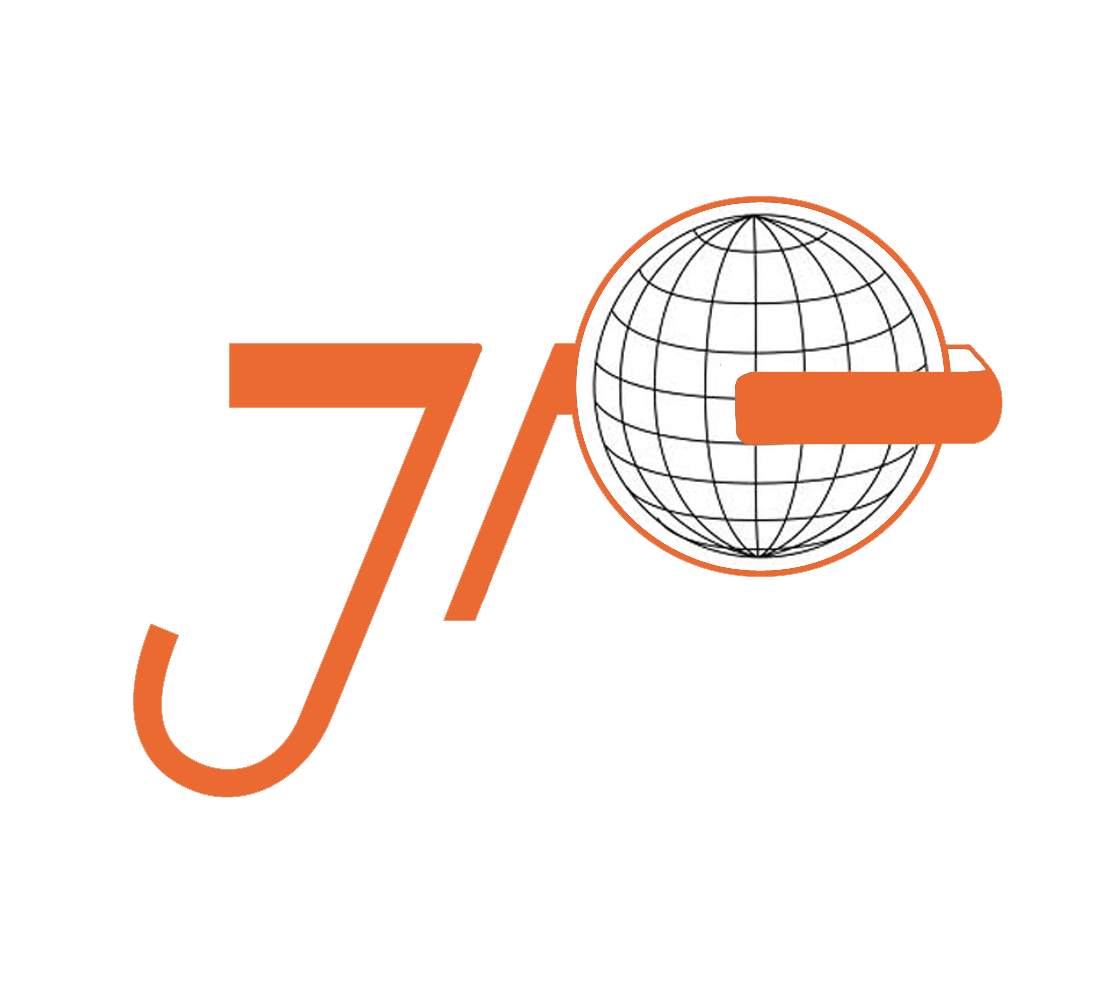

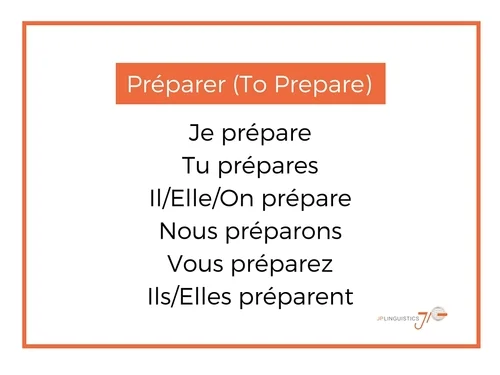



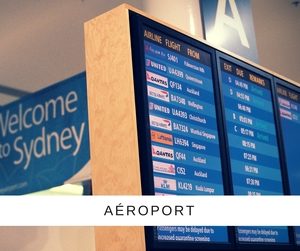

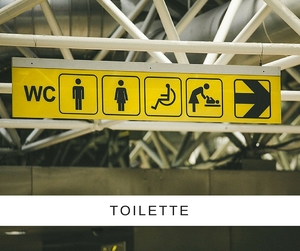
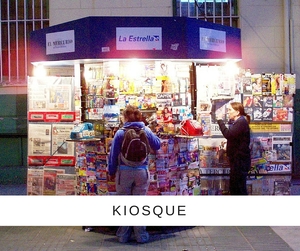
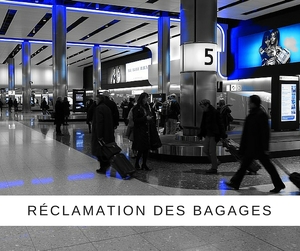



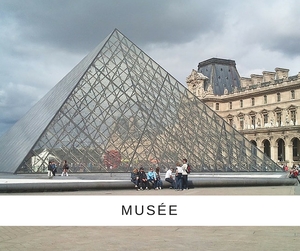
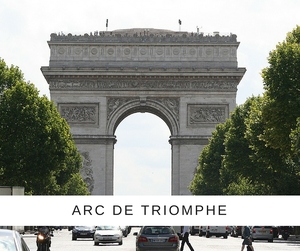
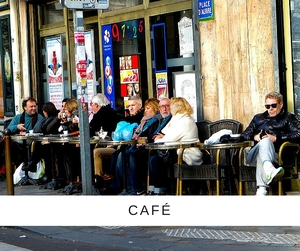
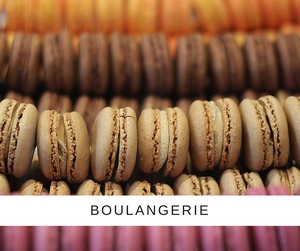
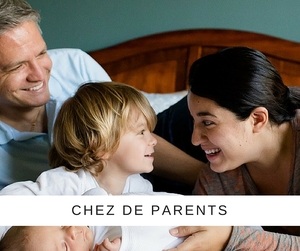


![By Yann Caradec from Paris, France (Fireworks on Eiffel Tower) [CC BY-SA 2.0 (http://creativecommons.org/licenses/by-sa/2.0)], via Wikimedia Commons](https://images.squarespace-cdn.com/content/v1/516411ffe4b032c4bb3b62e3/1455558197640-VP3R4XWDT13YAIYFE65I/Eiffel+Tower%2C+Fireworks+during+New+Years+Eve+in+Paris)

